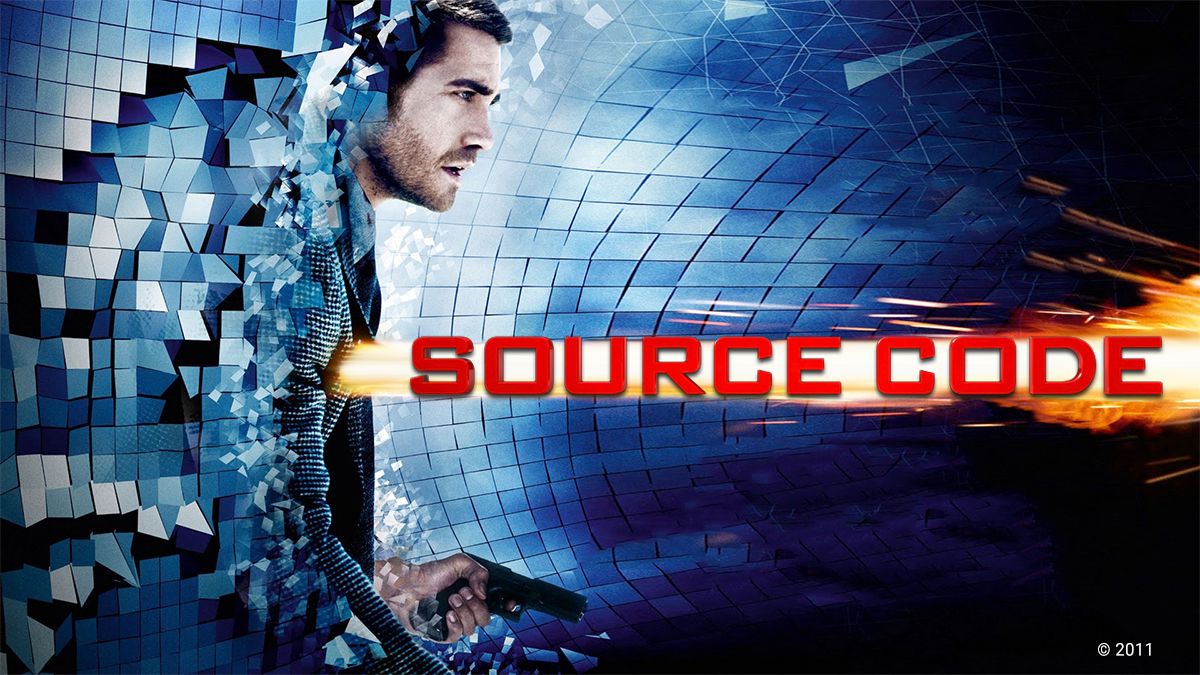Source Code (2011)
"Source Code" is a gripping and mind-bending sci-fi thriller that takes viewers on a captivating journey through time, identity, and the human mind. Released in 2011 and directed by Duncan Jones, the film combines elements of science fiction, mystery, and human drama to deliver a unique and thought-provoking cinematic experience.
The film opens with Captain Colter Stevens (played by Jake Gyllenhaal), a U.S. Army helicopter pilot, awakening on a Chicago commuter train. Confused and disoriented, he finds himself sitting across from Christina Warren (Michelle Monaghan), a woman he does not recognize. To his bewilderment, everyone else on the train seems to know him as someone else—a schoolteacher named Sean Fentress.
Before he can fully grasp his predicament, the train explodes, killing everyone on board. In the aftermath of the explosion, Colter's consciousness is transported into a mysterious chamber, where he is connected to a high-tech computer system known as the "Source Code."
Colter soon learns from Dr. Rutledge (played by Jeffrey Wright), the head of the Source Code program, that he is part of a top-secret military operation. The Source Code allows him to enter the last eight minutes of a deceased person's life, reliving their final moments as if he were inside their mind. His mission is to identify the person responsible for the terrorist bombing on the commuter train and prevent further attacks.
Each time Colter enters the Source Code, he experiences those final eight minutes repeatedly, searching for clues and trying to identify the bomber. He is aided in his mission by Goodwin (played by Vera Farmiga), a military officer who guides him through the process and serves as his emotional anchor during the intense and disorienting time loops.
As Colter continues to relive the train explosion, he starts to piece together fragments of information and encounters new challenges with each iteration. The time-loop structure not only adds tension and suspense to the narrative but also allows for character development as Colter gains insights into the lives of the train's passengers.
Throughout his experiences in the Source Code, Colter also forms a bond with Christina, the woman he encountered on the train. As he relives those final moments with her, he becomes emotionally invested in saving her life and preventing the tragedy from happening again.
As the film progresses, Colter's determination to change the outcome intensifies, leading to emotional and ethical dilemmas. He grapples with the question of whether his actions in the Source Code have consequences in the real world and whether he has the power to alter events beyond the eight-minute time loop.
Meanwhile, the Source Code program faces scrutiny and criticism from external authorities, raising ethical and philosophical questions about the implications of manipulating time and consciousness. Dr. Rutledge's staunch belief in the program's necessity clashes with Colter's growing doubts about its morality and effectiveness.
The film's emotional core lies in Colter's struggle to understand his existence within these simulated timelines. As a man displaced from his own reality, he wrestles with questions of identity, free will, and the nature of consciousness. His yearning for answers about his past and true self adds a layer of vulnerability to his character.
As Colter uncovers the truth behind the Source Code program and its purpose, he faces a race against time to prevent a larger catastrophe. The film's climax delivers a surprising twist that challenges everything Colter thought he knew about his mission and purpose.
"Source Code" excels not only in its thrilling plot but also in its human drama. Jake Gyllenhaal's compelling performance captures the complexity of Colter's character, portraying him as a man burdened by his past and conflicted by the choices he must make in the Source Code. Michelle Monaghan's portrayal of Christina brings warmth and emotional depth to the film, making their connection a central and heartfelt aspect of the narrative.
Duncan Jones' direction further enhances the film's impact, skillfully balancing the sci-fi elements with moments of human intimacy and emotion. The film's visual style and cinematography capture both the ordinary and extraordinary aspects of the train and the Source Code simulations.
"Source Code" is a thought-provoking exploration of time, consciousness, and the choices we make. It prompts audiences to reflect on the significance of each moment in our lives and the potential impact of our decisions. The film challenges the notion of linear time and delves into the complexities of human existence, leaving viewers pondering the boundaries of reality and the mysteries of the mind.
In conclusion, "Source Code" is a compelling and intellectually stimulating sci-fi thriller that masterfully weaves together elements of mystery, time travel, and human drama. With its intricate plot, strong performances, and thought-provoking themes, the film offers a captivating cinematic experience that lingers in the minds of audiences long after the credits roll. As one of the standout entries in the sci-fi genre, "Source Code" solidifies Duncan Jones' reputation as a director capable of crafting intriguing and emotionally resonant narratives.

Comments
Post a Comment